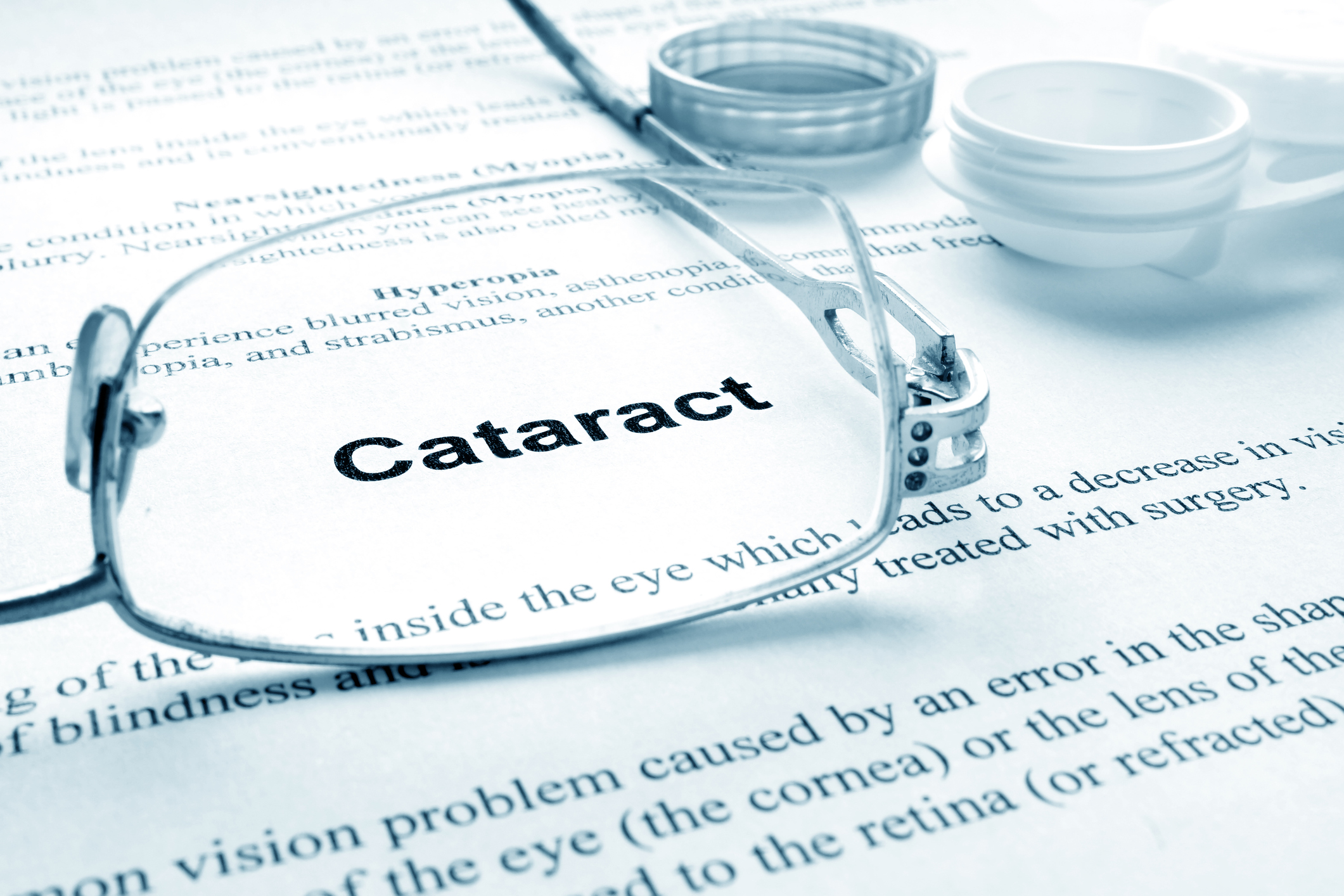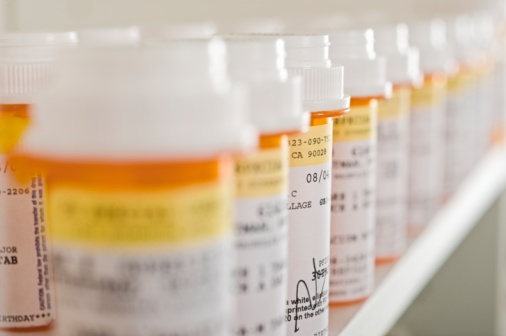Cataracts, epilepsy, and antidepressant use linked to glutamate receptor proteins in eyes: Study
Cataracts, epilepsy, and antidepressant use linked to glutamate receptor proteins in the eyes. Corresponding author Peter Frederikse said, “Recent studies identified associations between increased cataracts and epilepsy, and showed increased cataract prevalence with use of antiepileptic drugs as well as some common antidepressants. One common theme linking these observations is that our research showed the ...click here to read more




